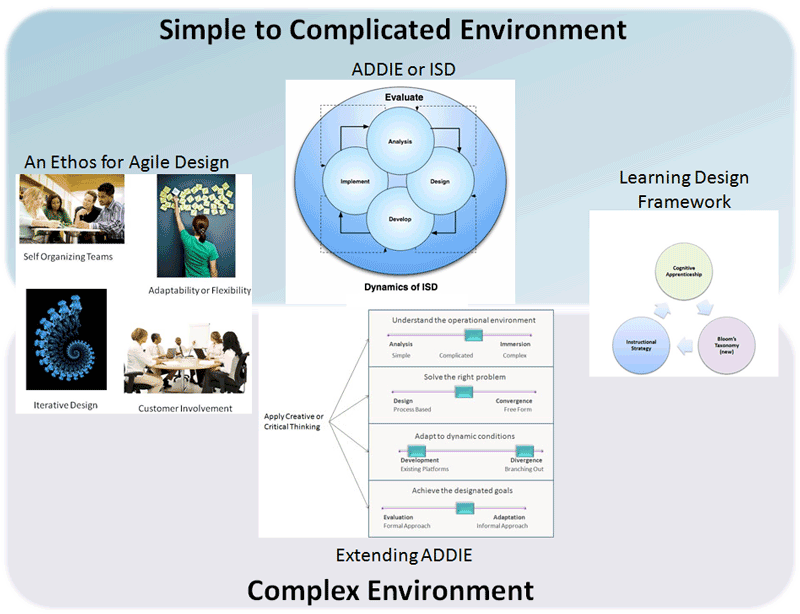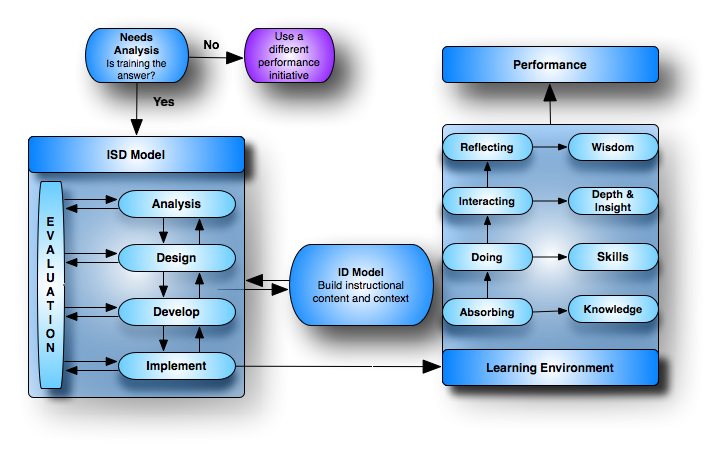John Locke (1632-1704)
John Locke, an English philosopher, set out the principles of empiricism. He advanced the hypothesis that people learn primarily from external forces. Locke examined how people acquire ideas in An Essay Concerning Human Understanding (1690). He asserted that at birth the human mind is a blank slate, or tabula rasa, and empty of ideas (see scaffolding below). We acquire knowledge, he argued, from the information about the objects in the world that our senses bring to us. We begin with simple ideas and then combine them into more complex ones.
Locke believed that individuals acquire knowledge most easily when they first consider simple ideas and then gradually combine them into more complex ones. In Some Thoughts Concerning Education (1697), Locke recommended practical learning to prepare people to manage their social, economic, and political affairs efficiently. He believed that a sound education began in early childhood and insisted that the teaching of reading, writing, and arithmetic be gradual and cumulative.
Scaffolding
Locke's method is closely related to what is now known as scaffolding — a metaphor that describes the support offered by educators in assisting learners to achieve learning outcomes. It is characterized by the explicit training of skills and knowledge targeting specific individuals, small groups or, where appropriate, whole classes. Prior knowledge of the subject matter or the learning environment can help the learners regulate by providing a ready scaffold (stepping stone or learning aid) for new knowledge, or by making the learning environment easier to use so it doesn't displace the subject matter as the object of study.



